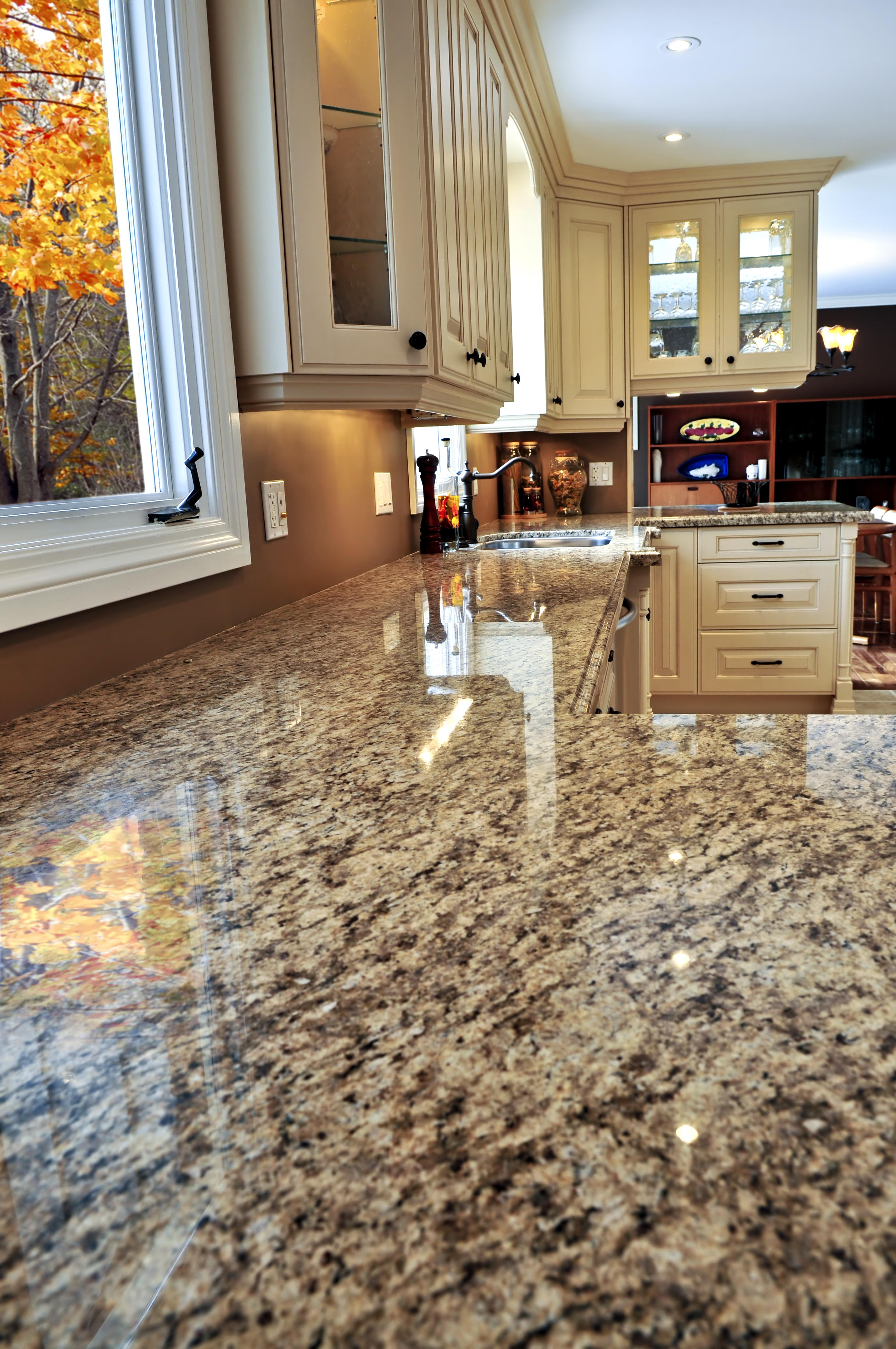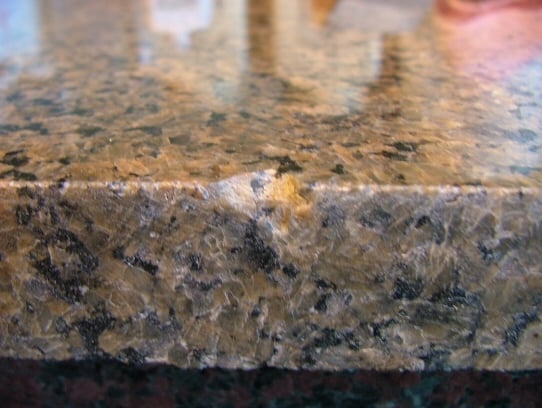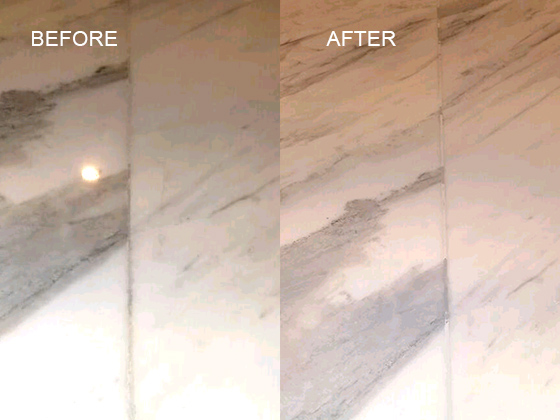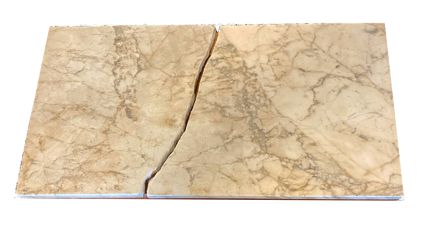Marble countertops are known for their timeless beauty and elegance, making them a popular choice for kitchens and bathrooms. However, like any natural stone surface, marble countertops are susceptible to damage over time. Whether it’s a minor scratch, chip, or more significant damage, knowing how to repair marble countertops can help restore their appearance and prolong their lifespan.
One common issue with marble countertops is etching, which occurs when acidic substances such as lemon juice, vinegar, or tomato sauce come into contact with the surface. Etching can dull the shine of the marble and leave behind noticeable marks. To repair etch marks on marble countertops, start by gently cleaning the affected area with a mild soap and water solution. Then, use a marble polishing powder or paste to buff out the etch marks and restore the shine of the marble. Be sure to follow the manufacturer’s instructions carefully and test the product in an inconspicuous area first.
For minor scratches or chips in marble countertops, there are several methods for repair depending on the severity of the damage. For shallow scratches, you can try using fine-grit sandpaper to gently sand down the surface until the scratch is no longer visible. Be sure to sand in a circular motion to blend the repair with the surrounding marble. For deeper scratches or chips, you may need to fill in the damaged area with a marble repair epoxy or resin. Choose a color-matched epoxy or resin that closely matches the color of your marble countertops, and carefully follow the manufacturer’s instructions for application and curing.
In some cases, marble countertops may develop hairline cracks or fissures over time. While these cracks are often superficial and do not affect the structural integrity of the marble, they can be unsightly. To repair hairline cracks in marble countertops, you can use a clear epoxy or resin specifically designed for marble repair. Apply the epoxy or resin to the crack using a small brush or spatula, and carefully smooth it out to ensure a seamless repair. Once the epoxy or resin has cured, gently sand down any excess material and polish the area to blend the repair with the surrounding marble.
Preventing further damage to marble countertops is essential to maintaining their appearance and longevity. Avoid placing hot pots or pans directly on the marble surface, as extreme heat can cause thermal shock and damage the marble. Use trivets or hot pads to protect the countertops from heat damage. Additionally, be mindful of acidic substances and avoid placing citrus fruits, vinegar, or other acidic foods directly on the marble surface to prevent etching.

When cleaning marble countertops, use a mild soap and water solution or a pH-neutral stone cleaner to avoid damaging the surface. Avoid using abrasive cleaners or scrubbing pads, as these can scratch the marble. Wipe up spills promptly to prevent staining, and avoid using harsh chemicals or bleach-based cleaners on marble countertops.
While it’s possible to repair minor damage to marble countertops yourself, more significant or extensive damage may require professional repair. If you’re unsure how to repair your marble countertops or if the damage is beyond your DIY abilities, it’s best to consult with a professional stone restoration specialist who can assess the damage and recommend the best course of action.

Now, let’s address some common mistakes to avoid when repairing marble countertops:
Using abrasive cleaners or scrubbing pads: Avoid using abrasive cleaners or scrubbing pads on marble countertops, as these can scratch the surface and cause further damage.
Ignoring proper care and maintenance: Neglecting proper care and maintenance of marble countertops can lead to issues such as staining, etching, or dulling of the surface. Be sure to follow manufacturer guidelines for cleaning and maintenance to preserve the beauty of your marble countertops.
Using the wrong repair products: Using the wrong repair products or techniques can result in subpar repairs that may be noticeable or ineffective. Always choose products specifically designed for marble repair and follow the manufacturer’s instructions carefully.
Attempting DIY repairs on extensive damage: While minor damage to marble countertops can often be repaired DIY, more significant or extensive damage may require professional repair. Attempting DIY repairs on extensive damage can result in further damage or a less-than-ideal repair.
Neglecting to address underlying issues: When repairing marble countertops, it’s essential to address any underlying issues that may have caused the damage, such as improper sealing or structural issues. Neglecting to address these underlying issues can result in recurring damage and costly repairs.

Can I repair scratches on marble countertops myself?
Yes, minor scratches on marble countertops can often be repaired DIY using fine-grit sandpaper or a marble polishing powder. However, deeper scratches or chips may require professional repair.
How can I prevent etching on marble countertops?
To prevent etching on marble countertops, avoid placing acidic substances such as lemon juice, vinegar, or tomato sauce directly on the surface. Use cutting boards and trivets to protect the countertops from scratches and heat damage.
Can hairline cracks in marble countertops be repaired?
Yes, hairline cracks in marble countertops can be repaired using a clear epoxy or resin specifically designed for marble repair. Apply the epoxy or resin to the crack and carefully smooth it out to ensure a seamless repair.
How often should I seal my marble countertops?
It’s recommended to seal marble countertops every 6 to 12 months to protect them from stains and moisture damage. However, the frequency of sealing may vary depending on factors such as usage and exposure to moisture.
When should I consult a professional for marble countertop repair?
If you’re unsure how to repair your marble countertops or if the damage is extensive, it’s best to consult with a professional stone restoration specialist who can assess the damage and recommend the best course of action.

How to Easily Repair Holes, Cracks, or Chips in Marble and Natural Stone in 3 Minutes

How to Polish a Damaged Marble Countertop : 6 Steps – Instructables

How to repair a broken marble slab – expert tips with images

How can I repair a granite countertop where multpile chunks have

Related articles:
- White Cultured Marble Countertops
- Pure White Marble Countertops
- Best Sealant For Marble Countertops
- Prefabricated Marble Countertops
- How To Maintain Marble Countertops
- Marble Countertop Sealer Reviews
- Cleaning Marble Countertops Stains
- Dark Emperador Marble Countertop
- Dull Marble Countertop
- How To Cut Cultured Marble Countertops